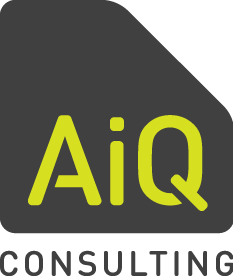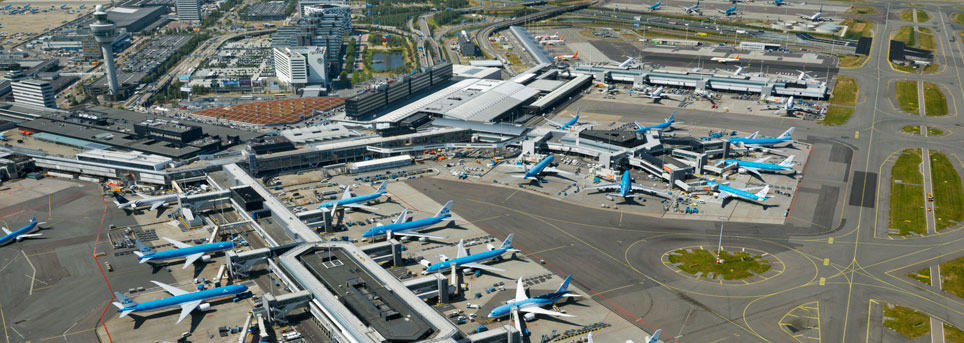The Challenge
Schiphol Airport is one of the world’s busiest and most important international hubs with passengers, airlines and businesses accessing all services 24 hours a day. It serves 71m passengers a year, with six runways, 90 gates and 2,787 hectares of airport area serving 322 worldwide destinations.
Schiphol Airport is classed as a Level 3 airport by IATA. This declaration perceives restrictions in part of an airport’s operations and protects the level of service for the airlines and their passengers. Normally this is restricted to runway capacity but can extend to stands and terminal operations. By law Schiphol develops an Integrated Capacity Plan (ICP) every three years, which is required to be reviewed by independent consultants.
In 2018 AiQ won the contract to undertake an independent assessment of operational capacity at Schiphol Airport. It was the first time the airport has asked an independent consultant to review and assess the airport declared capacity. AiQ were subsequently asked to repeat this exercise in 2023 following the Pandemic.
The Solution
AiQ Consulting provided a holistic end-to-end analysis of capacity of Schiphol airport, in what is a very complex and challenging environment, aimed to validate the airport’s own analysis. Our team undertook a full assessment of key processes in all areas from stands to baggage reclaim; to pick up and drop off, check-in, security, emigration, IDL and piers.
AiQ validated the airport’s own process, but we were also able to provide suggestions and guidance on their processes and procedures. The team’s extensive experience from Heathrow and other hub airports, as well their knowledge of innovation and growth, ensured that we were able to share best practice in capacity assessments and the declaration process throughout the project.
AiQ assisted Schiphol’s internal capacity team with developing their processes, as well as introducing techniques that would streamline their understanding of capacity.
Through TransvisionAiR™, AiQ’s bespoke demand, capacity and simulation modelling tool, we created clear airport capacity scenario models that validated Schiphol’s Integrated Capacity Plan.
The Benefit
With AiQ’s independent assessment of declaration capacity, we were able to draw conclusions and recommendations for all areas of Schiphol Airport and their capacity assessment process and assess its fitness for purpose. Comparing with the IATA standards allows us to provide a more holistic approach for our clients, with trusted and respected regulations and processes.
Stakeholder engagement was also a key part of our methodology. AiQ were able to speak to all stakeholders throughout the process, a great benefit to the airport. For example, we interviewed airlines on where they saw issues, information about capacity and whether they feel engaged and informed. Our support of the airport also gave their in-house team access to our bespoke technology.
Our experience, as well as our viewpoint as an independent consultant, enabled the airport to increase operational efficiency, providing a smoother passenger journey from Kerbside to Gate.
- Increased capacity and flexibility
- Efficient stakeholder management
- Project management
- Resource utilisation increased
- Improved passenger customer service and airport experience
- Use of expert simulation and modelling technology

